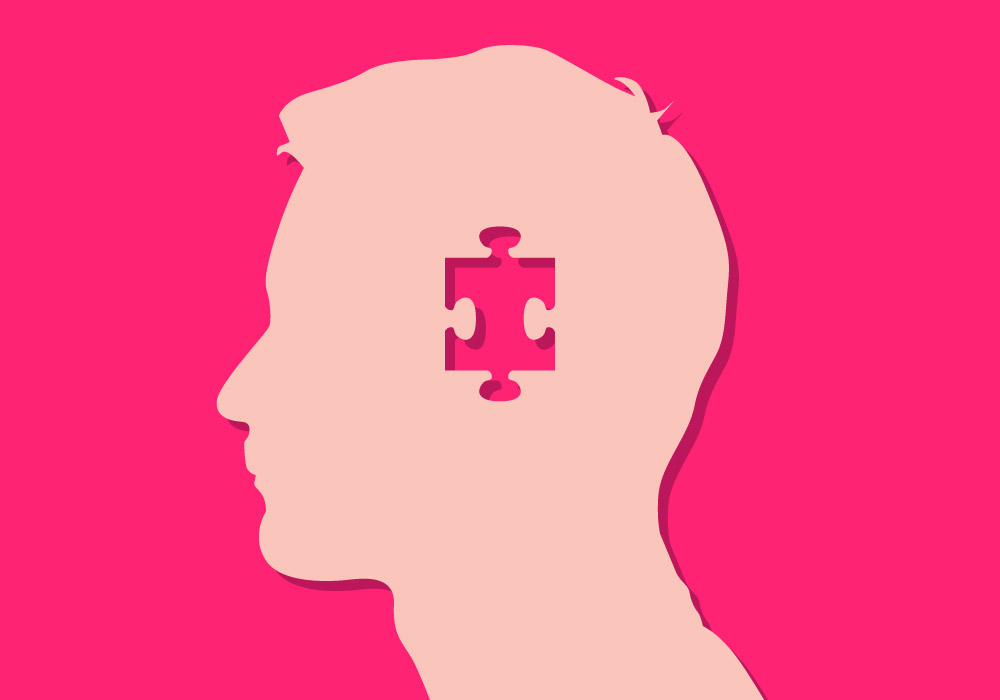
Depression is one of the most common mental health disorders, affecting an estimated 15.7 million Americans. Yet according to a recent study published in JAMA Internal Medicine, the majority of people who suffer from the mood disorder aren’t getting the right treatment or any treatment at all. What’s more, many people who are under treatment don’t show any signs of depression.
The researchers analyzed the results of a survey of more than 46,000 adults conducted by the Agency for Healthcare Research and Quality from 2012 to 2013. Their results were striking: They found that fewer than a third of depressed adults were treated for their symptoms.
Certain groups were less likely to get treatment than others—men, minorities, and people without insurance.
They also found that people who were getting help largely received treatment that didn’t match the severity of their condition. For example, people with “less serious [psychological] distress” were more likely to take antidepressants than people with more severe depression. (Antidepressants aren’t that effective for mild depression and are a better fit for people with severe symptoms.) The study also revealed that only 30% of people who were under treatment actually screened positive for depression.
Health.com: 7 Types of Therapy That Can Help Depression
The data raises real concerns, says lead author Mark Olfson, MD, a professor of psychiatry at Columbia University Medical Center in New York City: “We found that most people who could benefit from depression treatment aren’t receiving it, while many others are receiving depression treatments that they may not need.” Severe cases can require a combination of psychotherapy and medications, he explained in an email to Health, but patients with a milder form of depression might be helped by counseling or exercise.
“There are widespread challenges in aligning depression care with patient needs,” Dr. Olfson said. “Ideally, every depressed patient should receive treatment that is neither insufficient nor too intensive for her or his clinical needs.”
To start, he urges primary care doctors to use simple, brief screening tools for depression. By identifying common symptoms in their patients (like sadness, fatigue, and difficulty concentrating), they can encourage those people to seek help.
This article originally appeared on Health.com
More Must-Reads From TIME
- The 100 Most Influential People of 2024
- The Revolution of Yulia Navalnaya
- 6 Compliments That Land Every Time
- What's the Deal With the Bitcoin Halving?
- If You're Dating Right Now , You're Brave: Column
- The AI That Could Heal a Divided Internet
- Fallout Is a Brilliant Model for the Future of Video Game Adaptations
- Want Weekly Recs on What to Watch, Read, and More? Sign Up for Worth Your Time
Contact us at letters@time.com